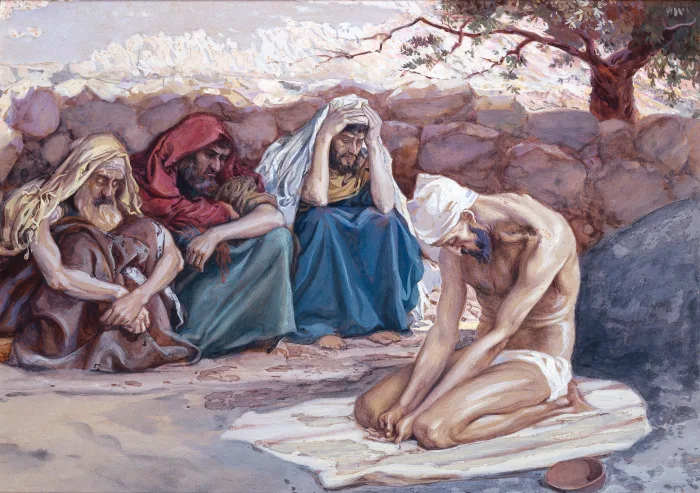“What are you giving up for Lent?” Probably a question I’ve heard dozens of times since my youth. Even if you're not Catholic, you've probably at least heard of Ash Wednesday (where Catholics receive ash crosses as a sign of repentance) and the personal fasts/penances people take on for Lent. But what you may not know is that:
Ash Wednesday is not a holy day of obligation. In other words, it is not a required Mass.
Personal Lenten fasts/penances are not required.
Ash Wednesday Mass and taking on personal penances are important to Lent. But prayer and almsgiving are just as vital, if not more, to the season. In this post, I will outline how Lenten requirements and designs can lead us into deeper conversion. In other words, LET'S MAKE LENT HOLY AGAIN. (Ok you can hit me now.)
TRIPLE THREAT
The 3 traditional pillars of Lent are prayer, fasting, and almsgiving. The requirements of the Church for fasting are
Mandatory fasting on Ash Wednesday and Good Friday only.
- Specifics: One full meal and two “penitential” meals (basically just snacks)
Abstinence from meat (fish doesn't count) on every Friday.
That’s all! You aren’t required to “give something up” for Lent. But while many Catholics still practice these Lenten penances, the Lenten emphasis on prayer and almsgiving has somewhat diminished among the average Catholic. (By the way, while we're clearing up misconceptions, this article nicely refutes the conspiracy that meatless Fridays were a deal between the pope and the fishing industry.)
But why do we fast?
PRAYER & FASTING
Fasting is a prayer of action. What does that mean? As Christians, we believe that if we suffer, we can unite those actions to Christ’s sufferings. Thus we both console him in his Passion and aid him in forgiving sins. So anytime we willingly sacrifice something, our actions can contribute to a prayer intention.
Fasting without prayer is dieting. The spiritual purpose of Lent isn't “self-improvement” (although that can be an effect). Rather, it is self-denial, and denying things of the world to turn more towards God. A secondary reason to fast is to dedicate the additional time we’d spend on those things in prayer. For example, if you do give up social media, then spending the hour you would spend on Instagram in prayer.
Other common prayer practices during Lent:
- The Stations of the Cross (or Way of the Cross): meditative commemoration of fourteen points of Jesus' journey to Calvary.
- Confession (aka Reconciliation or Penance): a sacrament (which is required only once a year but highly encouraged during Lent) in which a person confesses their sins to the priest (who is acting in the place of God) and receives forgiveness for their sins.
ALMSGIVING
Almsgiving is the practice of giving our treasure to those in need. If you are a young person reading this and saying “I'm broke” then perhaps you give up your time to volunteer during this Lent. The Bible continually alludes to the idea that true conversion manifests in caring for the least members - namely, orphans and widows (Isaiah 1:17, Jer 49:11, Deut 24:21... those are just a few). Additionally, it particularly emphasizes giving money - even the smallest contributions with great love. (Mark 12:41-44) Both Jesus and the Jews necessitate detachment from wealth and require any excess material goods to go to the poor. (Luke 18:24-27, Deut 27:19)
The traditional practices of Lent are designed in conjunction to bring us into deeper conversion. We fast of material things, return to godly things in prayer, and thus our faith manifests in almsgiving.
In the last part of the series, I want to talk a bit about how my Lent is going... Stay tuned! And as always, God bless you in your endeavors.
Lenten Series:
- Brief Introduction
- Fasting and other Lenten practices
- Personal Lenten Reflection 2021



